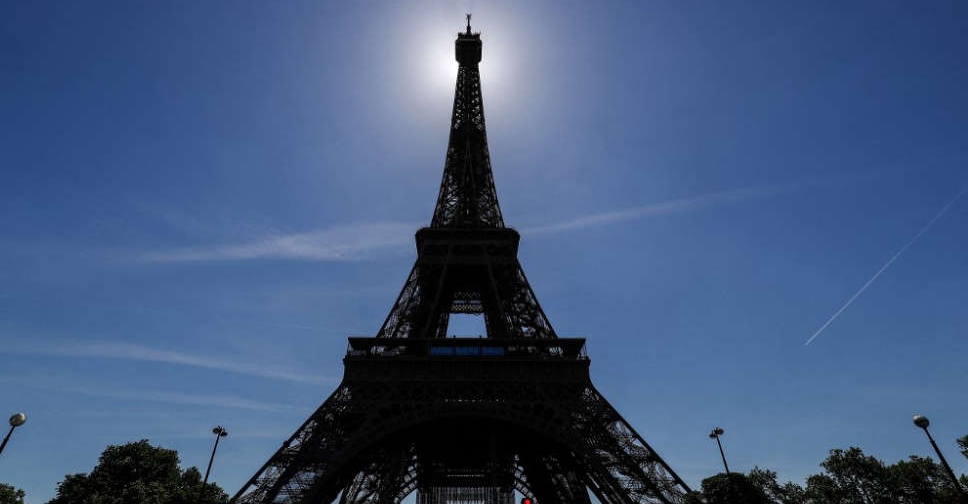
The Eiffel Tower reopened on Friday after an eight-month shutdown because of the COVID-19 pandemic, its longest closure since World War II.
As a countdown clock at the foot of the tower turned to zero, there were cheers and applause from visitors queuing to get in, a brass band started playing and people starting filing through the entrance.
"We feel pretty lucky to be here," said Patrick Perutka, an 18-year-old from Croatia who had been waiting for three hours for the gates to open.
He was on his first visit to the Eiffel Tower. "It's a big deal," he said of the tower.
Because of lingering concerns about the virus, masks remain compulsory for anyone over 11 years of age, and each elevator car will only carry half the normal number of visitors.
From July 21, visitors will need to show a French government "health pass" to demonstrate they are either vaccinated or have had a recent negative test for COVID-19.





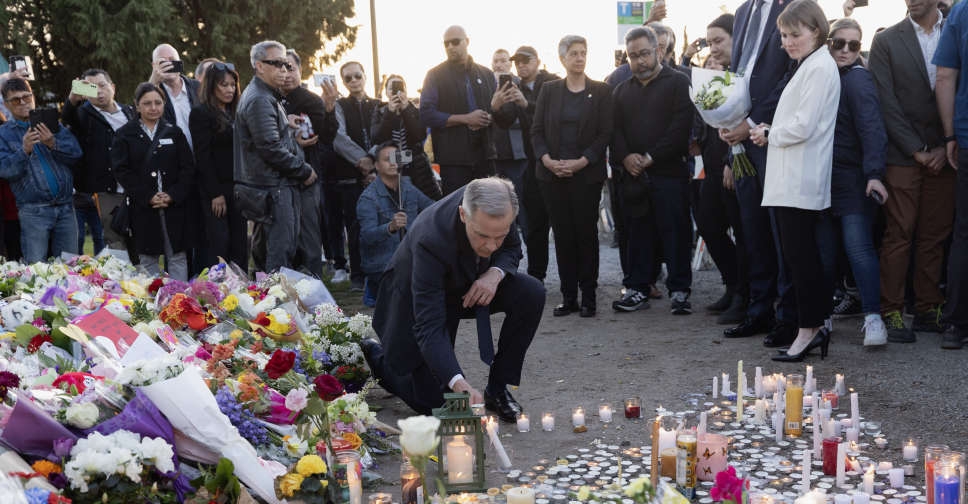 Vancouver man charged with murder for attack on Filipino festival
Vancouver man charged with murder for attack on Filipino festival
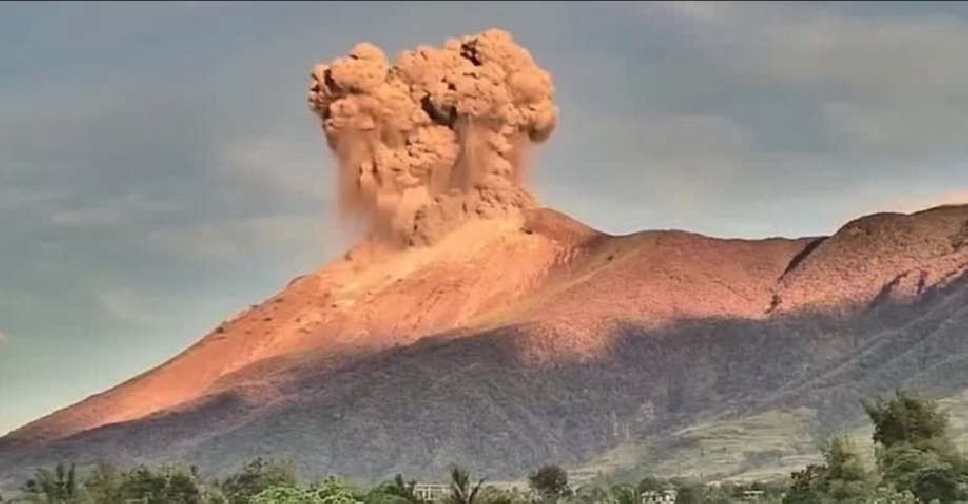 Philippines raises alert level at restive volcano after eruption
Philippines raises alert level at restive volcano after eruption
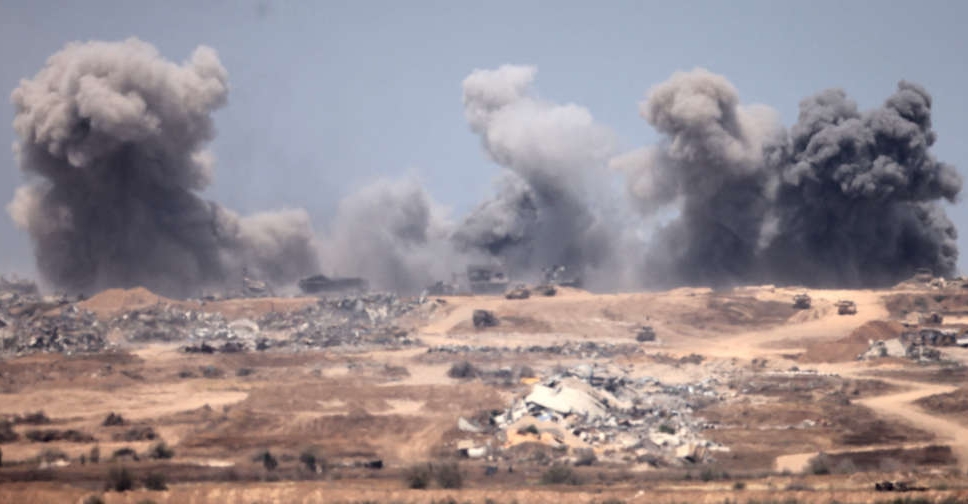 Qatari PM: Ceasefire talks on Gaza show signs of progress
Qatari PM: Ceasefire talks on Gaza show signs of progress
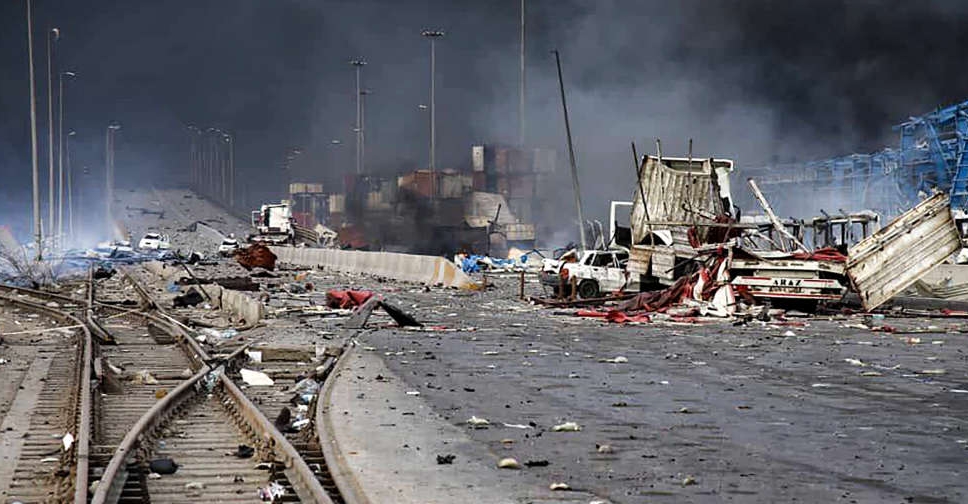 More than 700 injured in Iran's explosion
More than 700 injured in Iran's explosion


